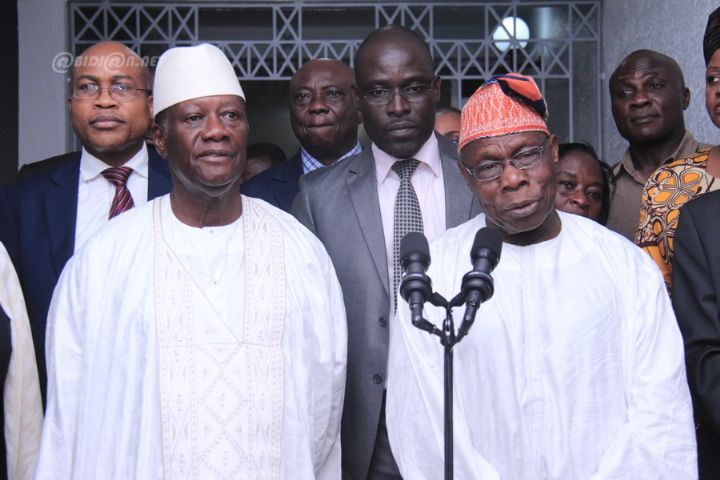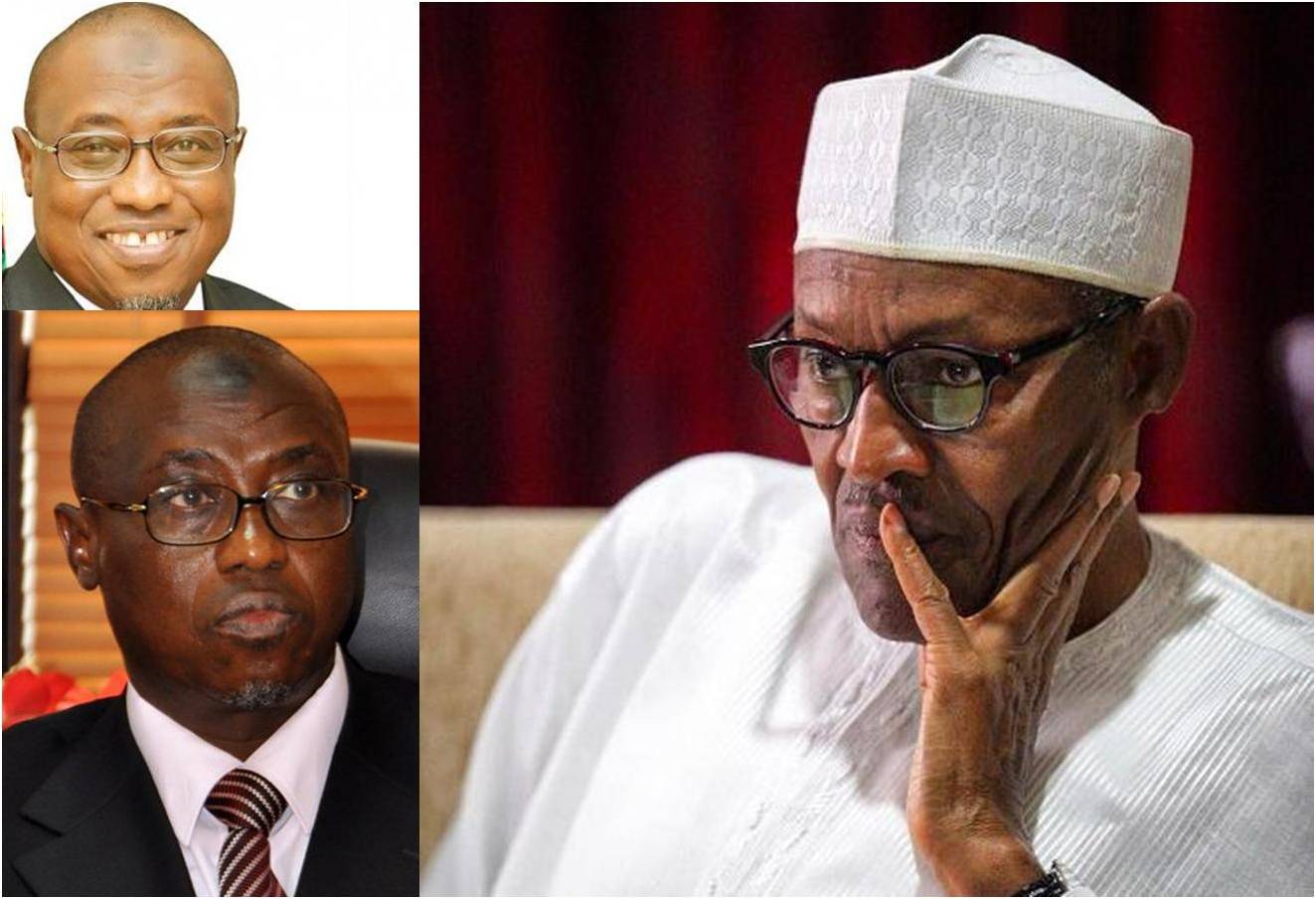Mrs Edith Douglas
The recent comprehensive disclosure in the media of how a new tension is mounting in the Niger Delta over President Muhammadu Buhari’s revocation of three oil blocks based on misleading advice from the Group Managing Director of the Nigerian National Petroleum Corporation (NNPC), Dr Maikanti Baru, is the latest example of how people appointed into high positions cause grave problems for the whole country.
The oil blocks in questions are those with Oil Prospecting Licences 2001, 2002 and 2003 which were the only ones won by indigenes of the Niger Delta region in the 2007 licensing round under former President Olusegun Obasanjo. They were won in a competitive bidding by companies promoted by such well known petroleum players as Teinbor Briggs of Jahcon International, which is a leading name in petroleum logistics and transportation, and Kenneth Wogu of Oil and Industrial Services Ltd, which excells in oil and pipeline maintenance.
President Buhari cancelled the oil blocks won in a very transparent process through hoarding of critical facts and misrepresentation of basic facts by the NNPC GMD, who was assisted in the enterprise by Yusuf Matashi, the Managing Director of the Nigerian Petroleum Producing Company (NPDC), the NNPC subsidiary concerned with hydrocarbon exploration and production.
For example, in the memo sent to the President on December 20, 2016, Dr Baru claimed that Oil Mining Licence (OML) 13, which originally covered four oil blocks, belongs to the NPDC and was “revoked in error”. Nothing could be further from the truth. None of the oil blocks ever belonged to the company. Nor was any given out to independent Nigerian investors in error.
Here are the basic facts.
OML 13 was for decades operated by the Shell Petroleum Development Company (SPDC) in Obolo East Local Government Area of Akwa Ibom State. However, the SPDC could not continue to operate it following the unpopular killing in 1995 of Ken Saro-Wiwa, the internationally famous writer and Ogoni environmentalist.
SPDC officers used to access Obolo East LGA from Ogoniland which is a neighbouring community separated by a big river. Ogoni people chased Shell out of their land in the belief that they had a hand in Saro-Wiwa’s execution. Consequently, OML 13 was abandoned for several years; the alternative route of moving from Port Harcourt would entail passing through such places as Aba, Ikot Ekpene and Eket. This would result in unbearable costs because it would take not just days but also very big equipment and machinery.
Rather than allow OML 13 to continue to waste, the Obasanjo government revoked the licence to Shell to operate it and subsequently broke the OML into four oil blocks. They were bidded for in the 2007 licensing round.
Indigenous firms like Jahcon International Ltd and OIS Ltd as well as Hi Rev won the bids.
But the SPDC naturally did not like what the government did, and so obtained an order against the government and the prospective new owners. The case was in court for eight years until 2015 when it was settled out of court amicably.
So, at what point did any of the oil blocks ever belong to the NPDC, as Dr Maikanti told the President?
His argument about “restoring OML 13 to the NPDC” is ingenious, immoral and completely unfounded. It is part of the NNPC’s ulterior agenda that Dr Baru refused to disclose to the President that the NPDC did bid for the same blocks but lost out because of the low bids.
Could the NPDC have possibly bidded for any of the four blocks created out of OML 13 if OML 13 was ever its own?
Consistent with Dr Maikanti’s hidden agenda, he instructively sent the memo to Buhari on December, 2016, when almost every office in Nigeria had almost closed for the Christmas and New Year holidays.
More intriguing is the fact that the President approved NNPC GMD’s request the very day he wrote and submitted it. Yet, the letter was complete with over 300 pages of notes and appendices.
Could the President have read all these huge documents in a matter of minutes and approved without a single question?
It would seem that NNPC chiefs like Dr Maikanti and Matashi acted in concert with some key players in the Presidency who did everything possible to railroad the President into invalidating the only oil blocks won transparently by indigenes of the Niger Delta without minding the likely consequences.
President Buhari has to fish out all the culprits involved in this costly drama and punish them accordingly in his own interest. He needs to work with only persons of impeccable character and absolute trust.
Indeed, it is revealing that the NNPC GMD chose to send a memo to the President on a very sensitive matter like the above without taking either the Minister of State for Petroleum Resources or the Minister of Justice and Attorney General of the Federation into his confidence. None of these key ministers is aware of the memo unless they have read about it in the media in the last few days.
Of course, the Director of Petroleum Resources (DPR) was left out of the drama; all he knew later was that there was a directive to write to promoters of Jahcon International Ltd and OIS Ltd terminating their oil blocks, which he did promptly on February 15, 2017.
The NNPC GMD left key government officers in the dark over this deal so that no one would give the President contrary advice.
It has been revealed that the first time the NPDC tried to play this game was in 2013, but the DPR warned sternly against the high legal implications.
“You do not give what you do not have”, the DPR advised the Minister of Petroleum Resources, Mrs Deziani Alison-Madueke, in writing.
It is a pity that the NPDC and the NNPC chose the track of secrecy and, in fact, unilateralism this time.
The nation is about to pay a heavy price for this costly behaviour.
The NNPC GMD should be held responsible if the Niger Delta is allowed to become once again a major theatre of unrest and militancy.
Mrs Douglas lives in Port Harcourt, Rivers State, Nigeria.


